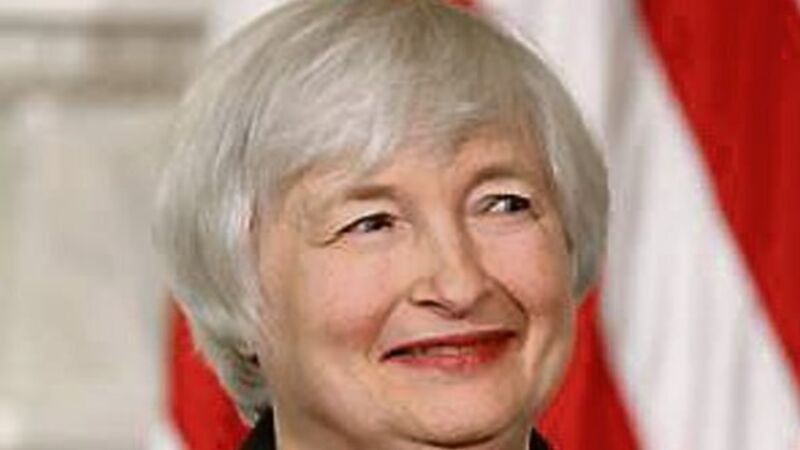Old-school ways are driving America’s re-emergence

ARE WE making a return to the Sixties and to the world of Mad Men? Or back even further to the US of Eisenhower’s day? Is America resuming its economic leadership of the world in the late days of the Obama presidency?
China appears to be in retreat for now — its currency, the yuan, is taking a tumble and in the process causing ructions across Asia. The US dollar, meanwhile, is like the cartoon character Popeye, emerging after demolishing a large dose of spinach, with muscles bulging.
















